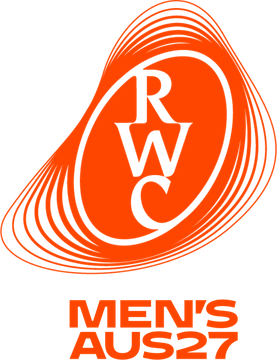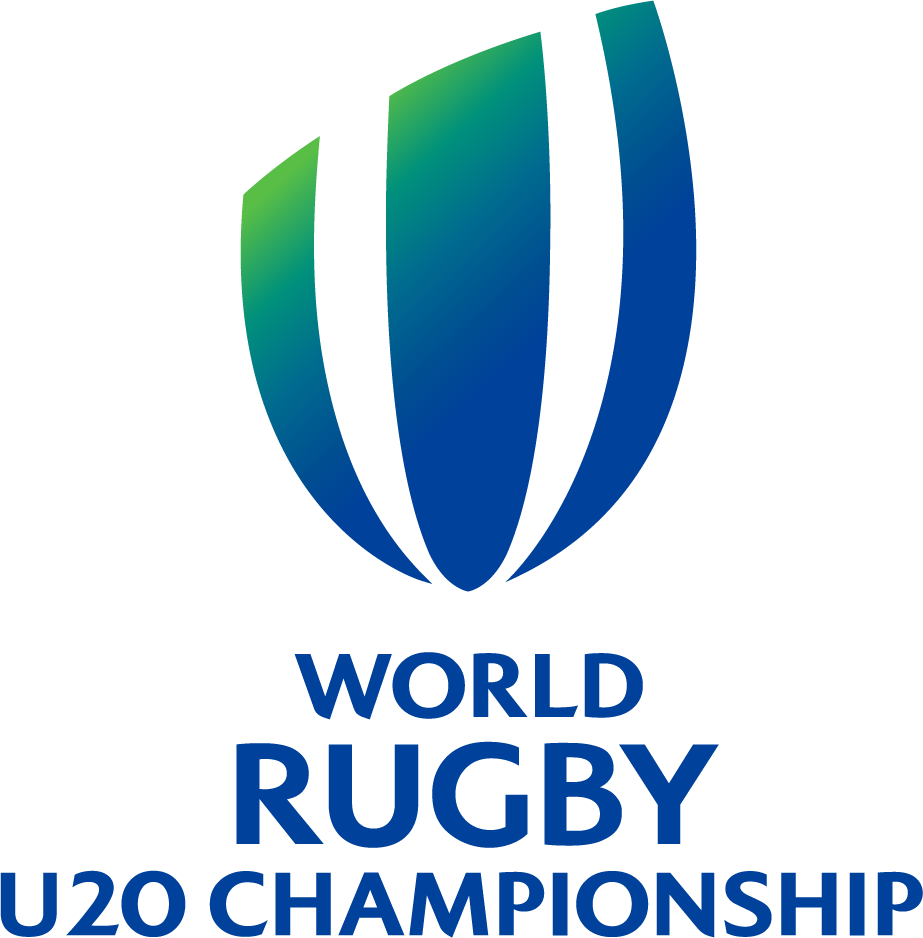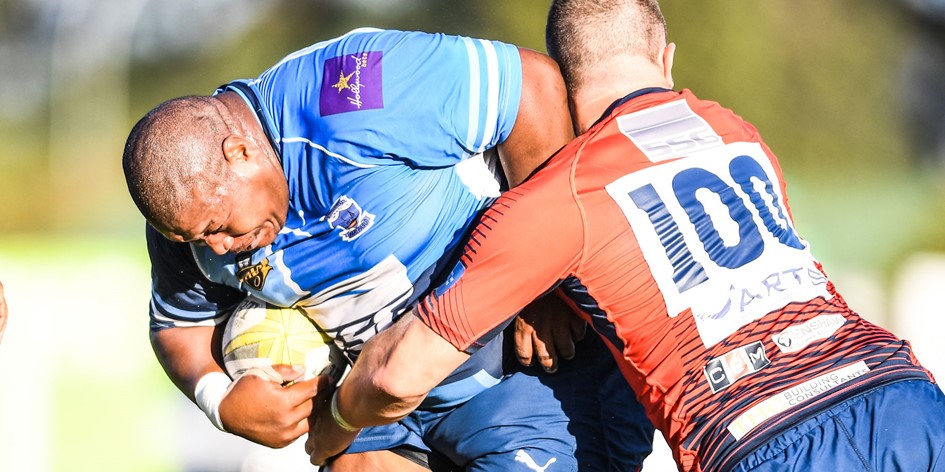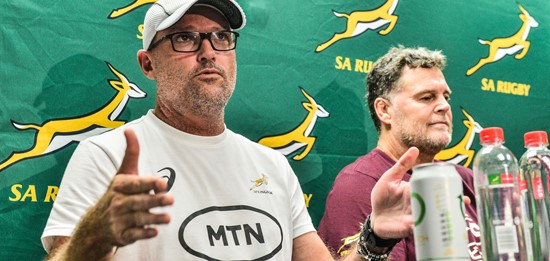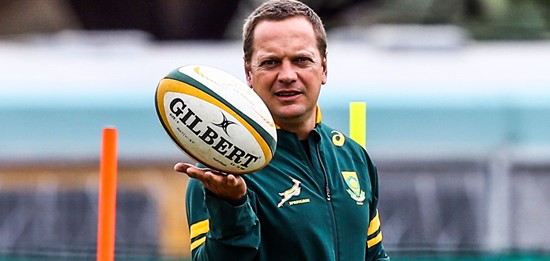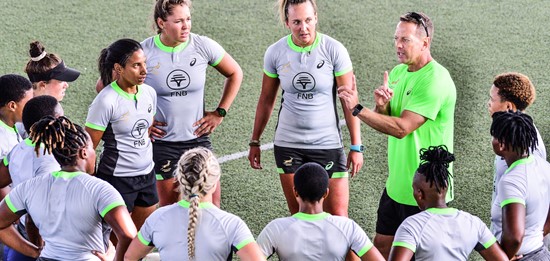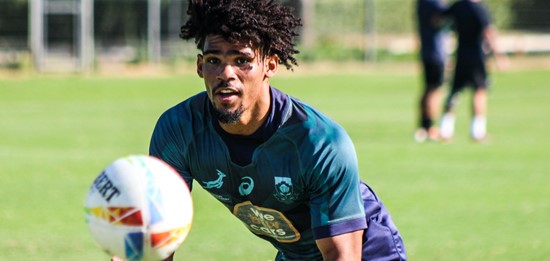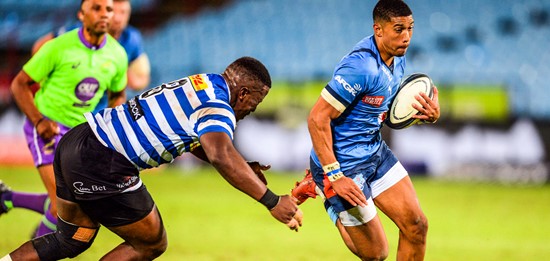The sport’s global governing body has recommended reducing the permitted tackle height to below the sternum (the middle of the chest) in the community game. If approved by the international federation’s Council in May, National unions will be given the choice of opting-in to a global trial.
SA Rugby said it would now consult with its member unions and the South African Schools Rugby Association (SASRA) on their views on the proposal prior to a potential roll-out of the trial in SA. If the trial were to be deployed in South Africa it would only apply to the school and club game.
World Rugby said the proposal followed extensive analysis and consultation with unions. It reflected World Rugby’s core mission of a global sport for all, seeking to enhance the experience for players in order to keep building engagement across the globe.
It said that trials conducted since 2019 in the community game in France, South Africa, Georgia and Fiji had delivered positive advances in player safety, by reducing the number of head impacts and concussions, and the overall game experience by supporting increased ball in play flow.
“The community game is the lifeblood of our sport, representing 99 per cent of our participants, and the proposed tackle height adjustment has already delivered positive game shape and playing experience outcomes,” said Sir Bill Beaumont, World Rugby chairman.
“This is essential to the sport’s future. The evidence we have, from France in particular, shows that not only does reducing the tackle height make the game safer but it increases numbers playing as well. That has to be the aim for everyone involved in our game.”
Mr Mark Alexander, President of SA Rugby, said: “Changes that increase enjoyment and participation while improving safety have to be welcomed and we will now workshop these proposals with those most intimately connected with the delivery of the amateur game, our member unions and the schools.
“Our sport is moving in the right direction with such initiatives but, when, where and how we would be ready to implement them in SA needs to be thoroughly considered. If they are implemented here, we must do it with clarity and full buy-in.”
World Rugby said that rigorous independent research had shown that the tackle was responsible for 74 per cent of all concussions. Reducing the height of the tackle protected both players.
“The ball carrier is protected directly because head contact leading to injury can be significantly reduced, while the tackler is protected because their head will be in what is known to be a safer proximity with the ball carrier’s torso/upper body,” World Rigby said in a statement.
“Tackles where the tackler’s head is in proximity to the ball carrier’s body above the sternum are more than four times more likely to result in a head injury, and so bringing tackle height down will benefit both players.”
Mr Alexander said the recommendation would be considered at the next meeting of the Amateur Rugby Committee of the South African Rugby Union.







